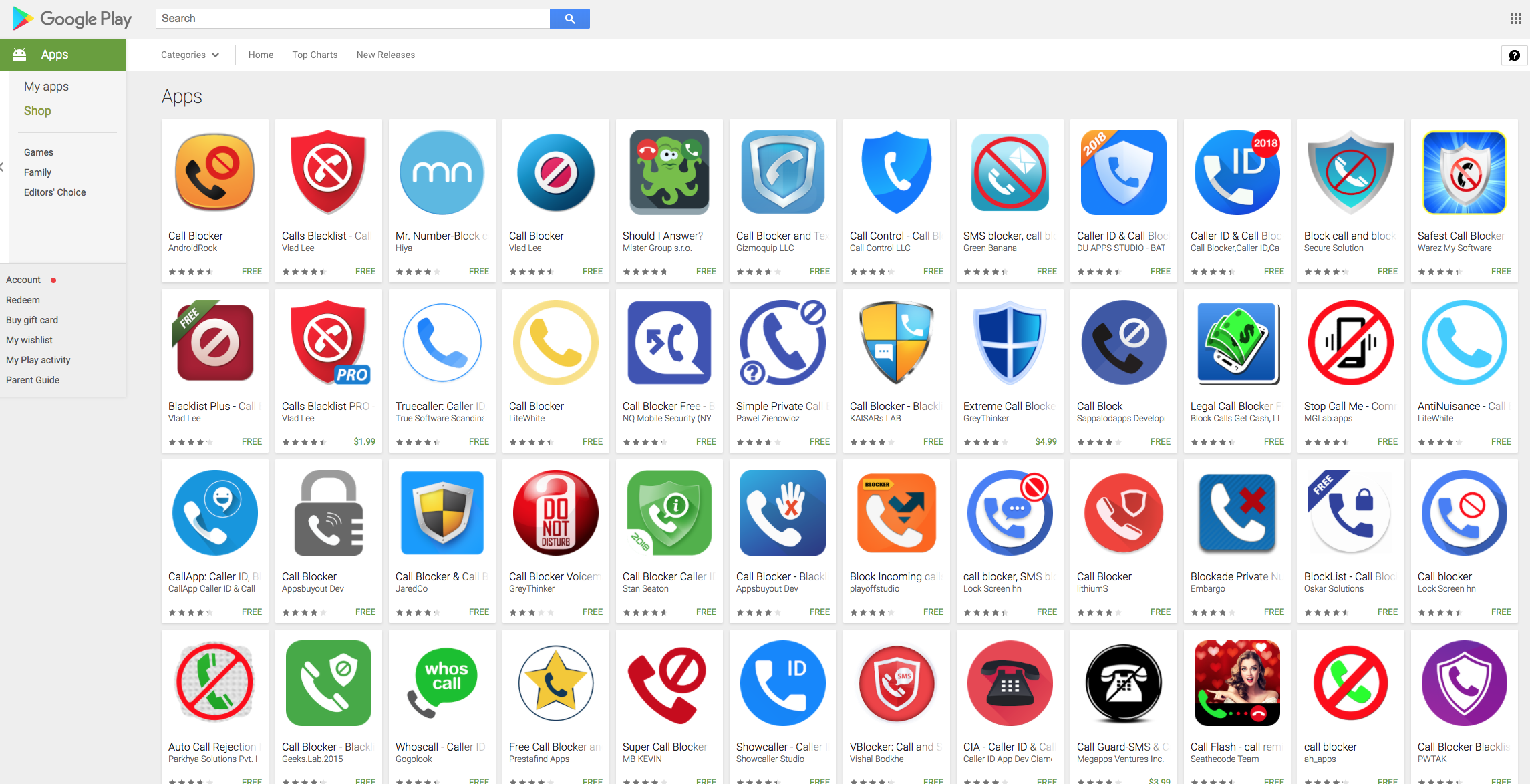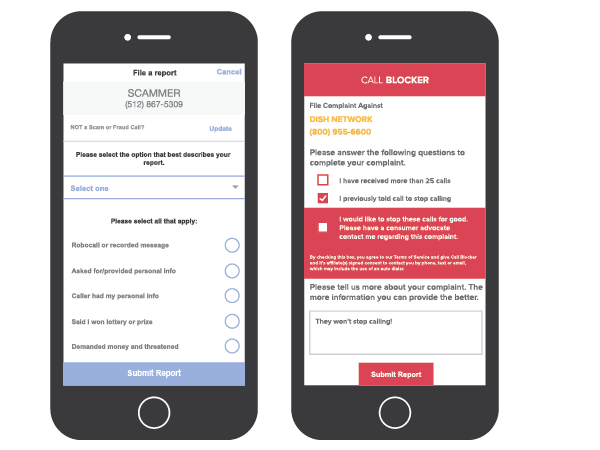Call Blocking Apps: Where TCPA lawsuits are born

Consumers hate getting unwanted calls on their mobile phones so it is no surprise that call blocking apps have emerged as a popular category of smart phone app. Call Blocking apps give consumers control over unwanted calls and increase risk for telemarketers.
These smartphone apps allow consumers to learn more about who is calling them, block inbound calls, and even file a complaint with the FTC in a single click. Many will also show you a spam score for the telemarketer who is calling, encouraging potential prospects to avoid taking your calls. These apps are available for Android, iPhone, and Windows phones and Google Play has over 250 different apps. For iPhone users, understanding how to manage features like call blocking or even learning how to empty trash on iPhone can help optimize their smartphone usage. Across all of these apps, there are millions of active users.
Fueling FTC Complaints
Collectively, these apps block millions of phone calls per month. In addition to allowing a consumer to block a call, these apps also make it easy for the consumer to file a complaint to the FTC. These apps are becoming ubiquitous with some coming installed on new phones such as Verizon’s Caller Name ID. These apps have filed hundreds of thousands of complaints, making them the largest contributor to the FTC complaint database last year. We expect this trend to continue as the FTC has partnered with major cellular providers to streamline complaints.
Scaling TCPA Litigation
To make matters even scarier, some apps now put consumers in contact with a TCPA attorney, if they opt to pursue damages. While it may be tempting to dismiss the idea that call blocking apps are a potential threat to your business, the fact is these apps provide the infrastructure to provide massive scale to TCPA litigation.
Some TCPA litigators have gotten into the game by creating their own call blocking apps. For example Lemberg Law created an app called “Block Calls Get Cash” to make it easy to “nail harassers” and “collect up to $1500 per call.” The website boasts that over $30 million has been recovered.

Marketers: Protect Yourself
For marketers, the risk of making calls is greater than ever. New TCPA lawsuits are cropping up daily, and professional litigants are getting rich. For these reasons, all companies need to be cautious. We recommend three simple steps:
- Obtain Consent – Pursue a permission-based “opt-in” marketing strategy.
- Verify Consent – Verify your web forms include proper TCPA legal disclosures.
- Document Consent – Make sure you have independent proof of opt-in that you can easily share in the event of a complaint, with a product like TrustedForm.
Call blocking technology is raising the stakes for marketers. The massive scale of the call blocking app ecosystem will quickly penalize you for any mistake. Make sure you have a process in place to protect yourself. Learn more about protecting yourself from TCPA litigation.






